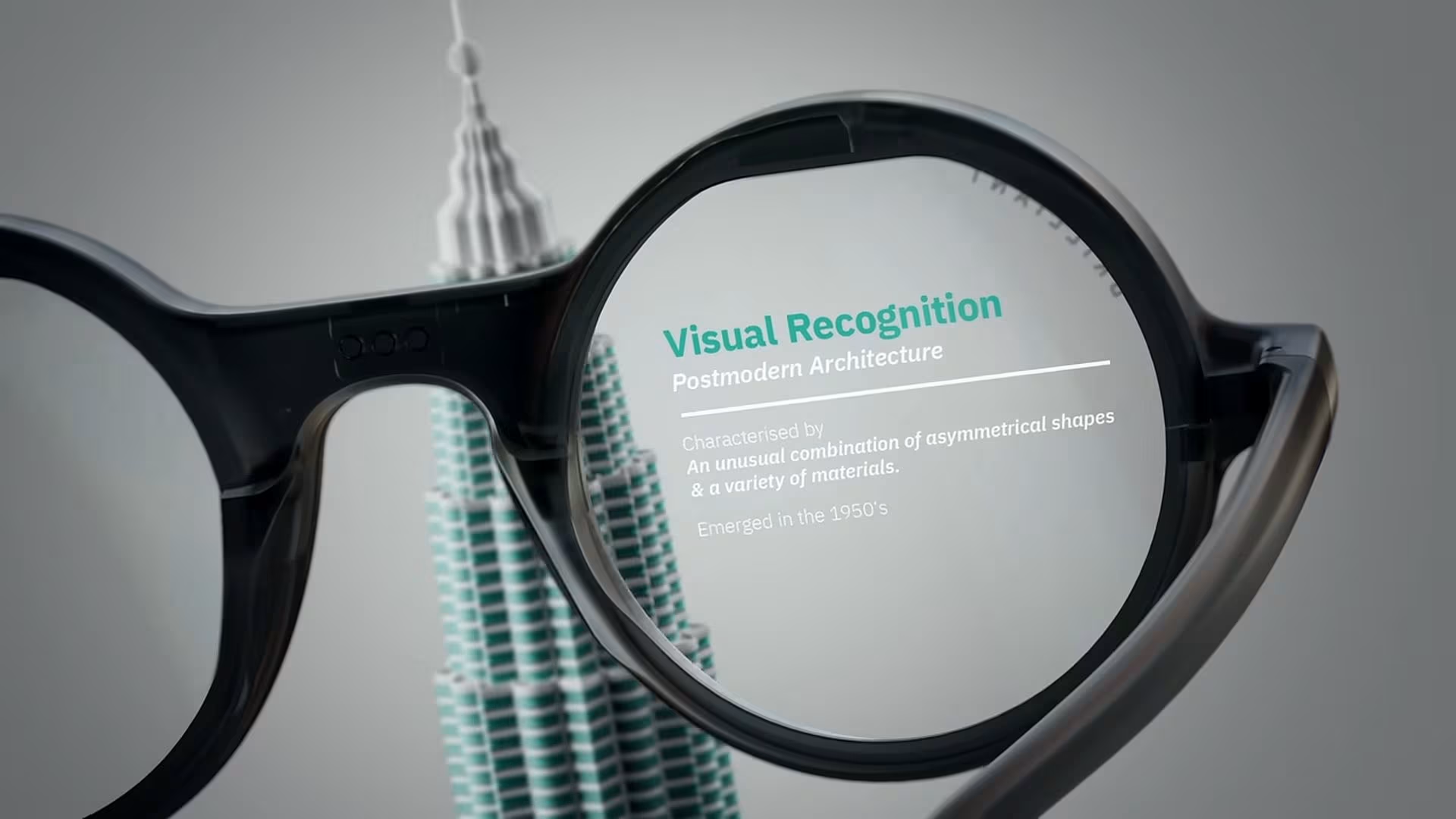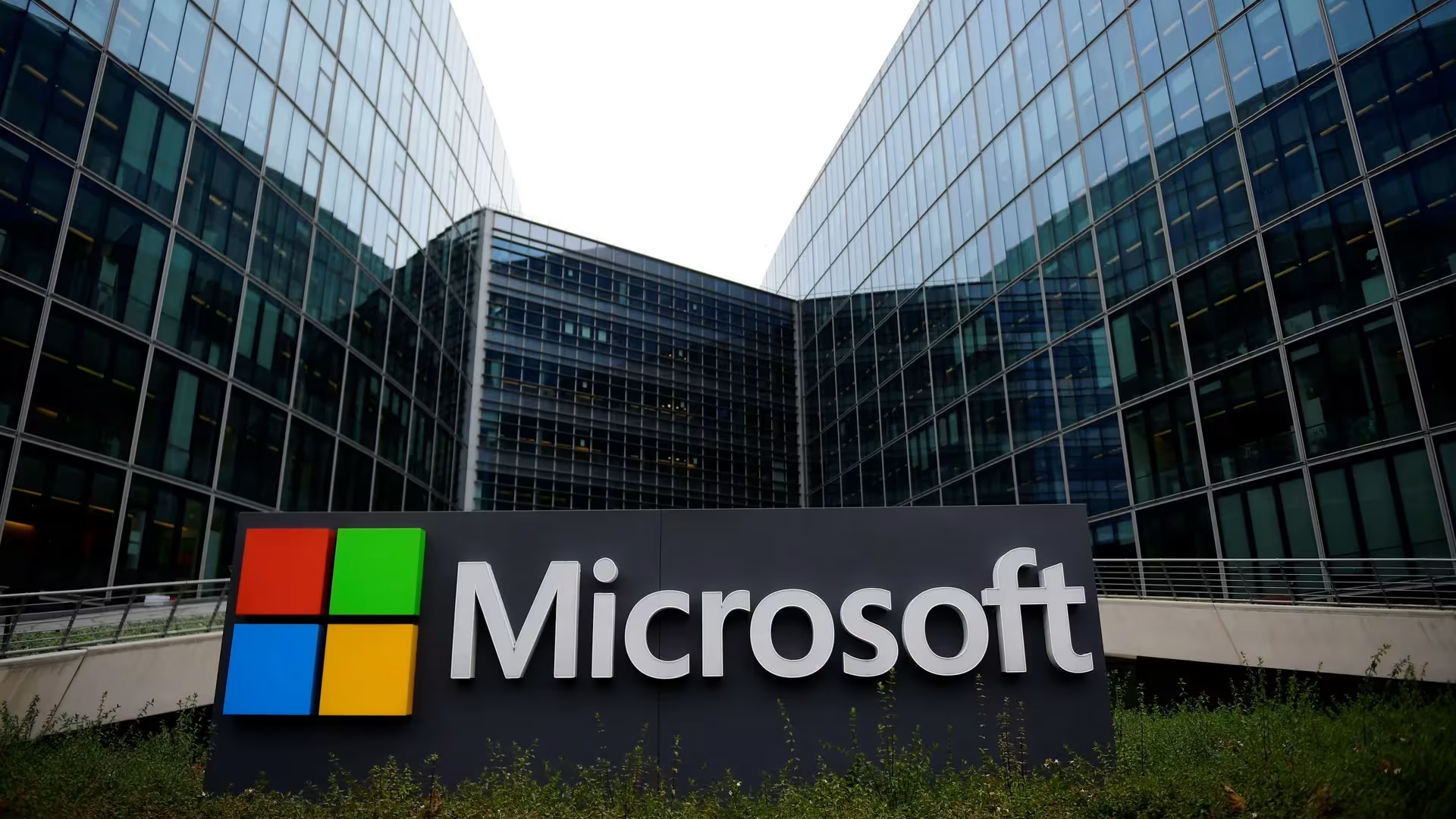As a younger person, I never imagined that a colonoscopy would be part of my healthcare routine. However, with the rising rates of colon cancer in people under 50, it’s become clear that early screening is essential.
Rising Colon Cancer Rates in Younger Adults
For decades, colon cancer was primarily seen in older populations, and screenings typically started at 50. But in recent years, there has been a significant increase in the number of cases among people under 50. Rates of colorectal cancer in younger adults have increased by 2% each year since the 1990s, making it one of the fastest-growing cancers among younger age groups. Many of these cases are caught at advanced stages, which is why the medical community is sounding the alarm.
Screening Recommendations Are Changing
Due to this worrying trend, health organizations are now recommending that colon cancer screenings begin at age 30 for certain individuals. This earlier screening can catch potential cancers before they progress, giving patients a much better chance of survival. Colonoscopies allow doctors to detect polyps, which are small growths in the colon that can turn into cancer. Removing them early can prevent cancer from ever developing.
Taking Control of Our Health
As someone under 50, the thought of a colonoscopy might seem daunting or unnecessary. But given how dramatically the statistics have shifted, it’s now part of being proactive about our health. Early detection saves lives, and colonoscopies are a key tool in this fight against colon cancer. It’s important for all of us to talk to our doctors and understand our personal risk factors—because getting screened earlier could make all the difference.
Taking this step is an act of self-care and a way to protect our future.




